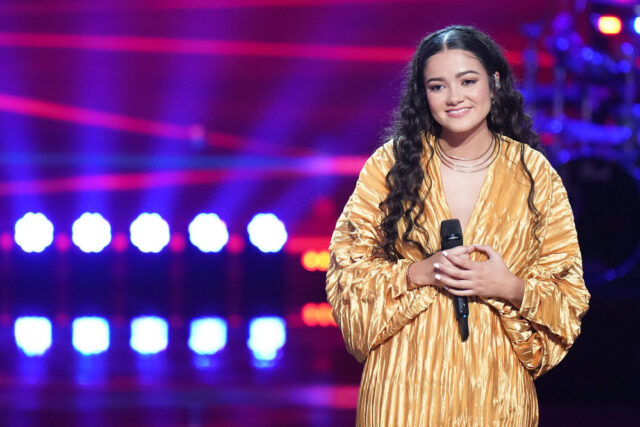INTERVIEW: Trevante Rhodes & Tyler James Williams on ‘The United States vs. Billie Holiday,’ Working with Lee Daniels and Andra Day, Hollywood, and What’s Next
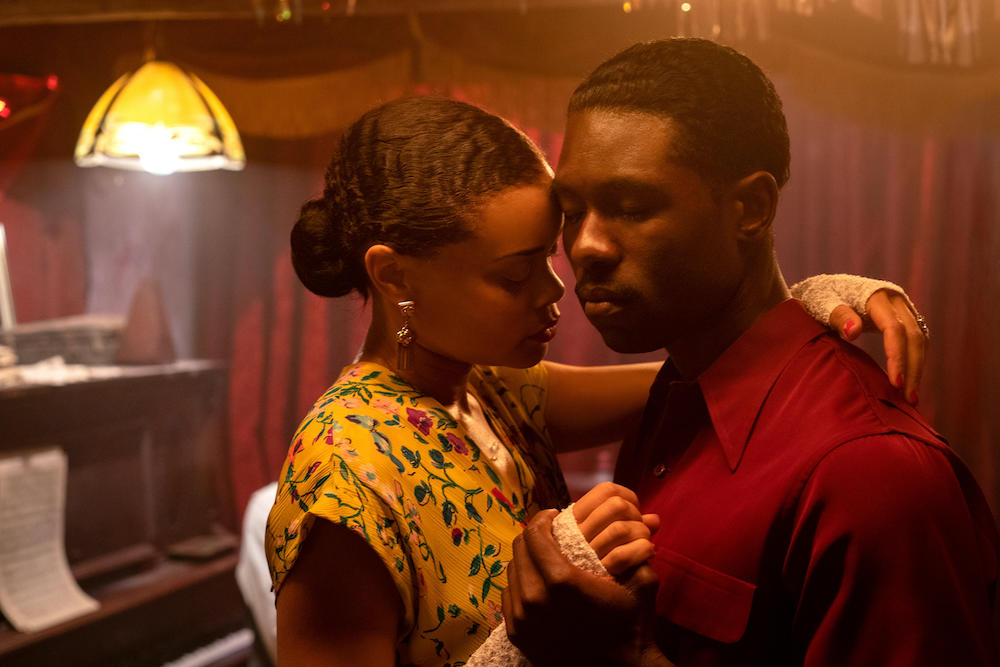
Trevante Rhodes and Tyler James Williams chatted with Glitter Magazine on their upcoming biographical drama film, The United States vs. Billie Holiday, a HULU Original, written, directed, and produced by Lee Daniels and starring Grammy-nominated singer and actress Andra Day.

The United States vs. Billie Holiday is based on Johann Hari’s 2015 book, Chasing the Scream: The First and Last Days of the War on Drugs, and chronicles the singer’s struggles with addiction, the racism she encountered, as well as the efforts of the Federal Bureau of Narcotics to silence her activist efforts through her music.
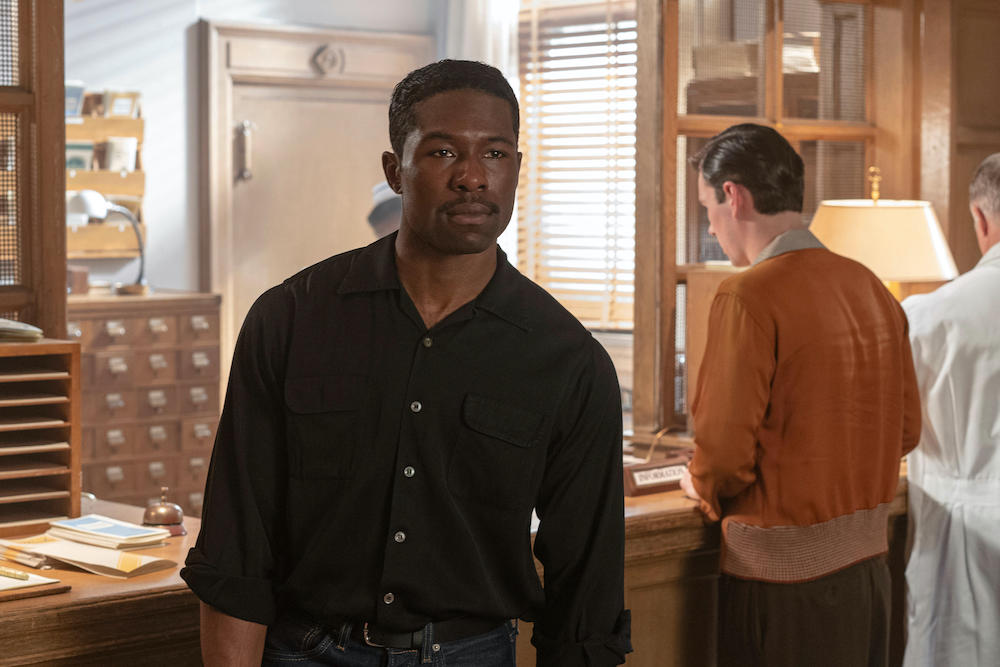
Holiday’s career is haunted by relentless harassment by the Federal Department of Narcotics as they target her with an undercover sting led by federal agent Jimmy Fletcher, played by Trevante Rhodes, with whom she had an affair. The film takes place in 1940’s New York City as the federal government targets Holiday in a growing effort to “escalate and racialize the war on drugs,” with an agenda to stop her from singing her controversial and soulful ballad, “Strange Fruit.” Trevante is best known for playing Chiron in the Academy Award-winning film Moonlight. He’s also appeared in The Predator, Bird Box, Smartass, and 12 Strong.
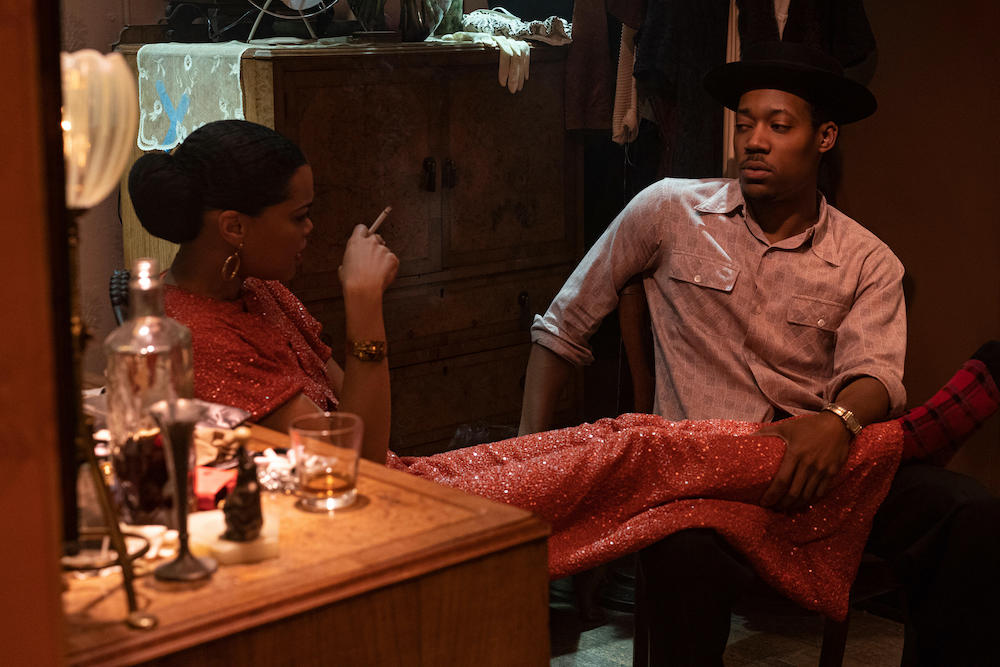
Tyler James Williams, known for Everybody Hates Chris, Dear White People, and Detroit stars as musician Lester ‘Prez’ Young, who has an intimate platonic connection to Holiday.
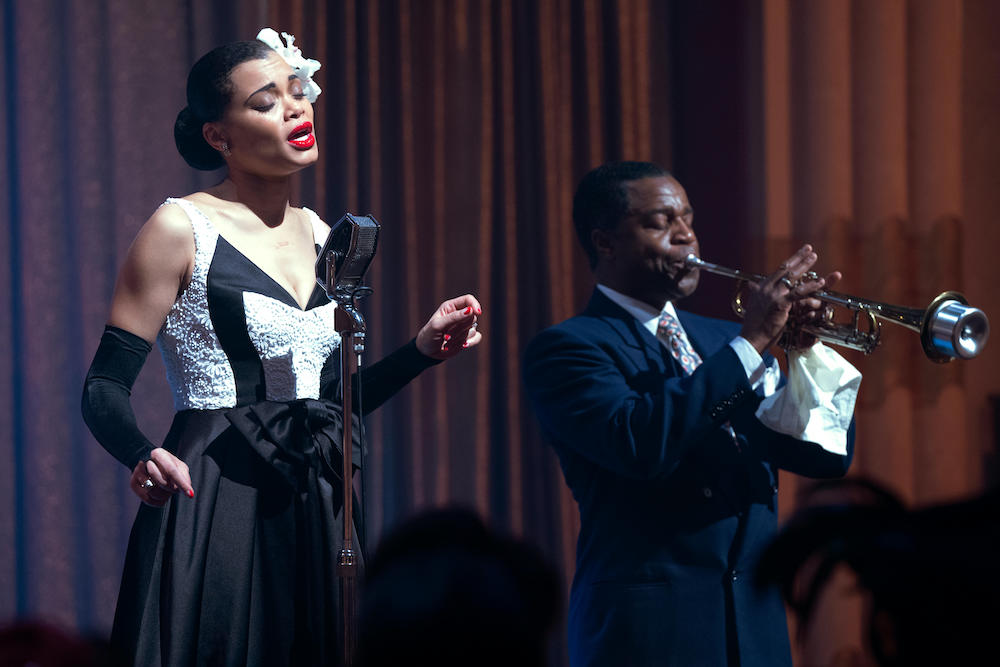
Other notable cast members include Natasha Lyonne as Tallulah Bankhead, Garrett Hedlund as Harry J. Anslinger, and Rob Morgan as Louis McKay.
Read on to hear more from this talented duo as they discuss their roles, how they prepared for the 1940’s New York setting, working with Andra Day and Lee Daniels, the importance of representation, as well as their thoughts on inclusivity and representation in film, and what’s next for these dynamic actors.
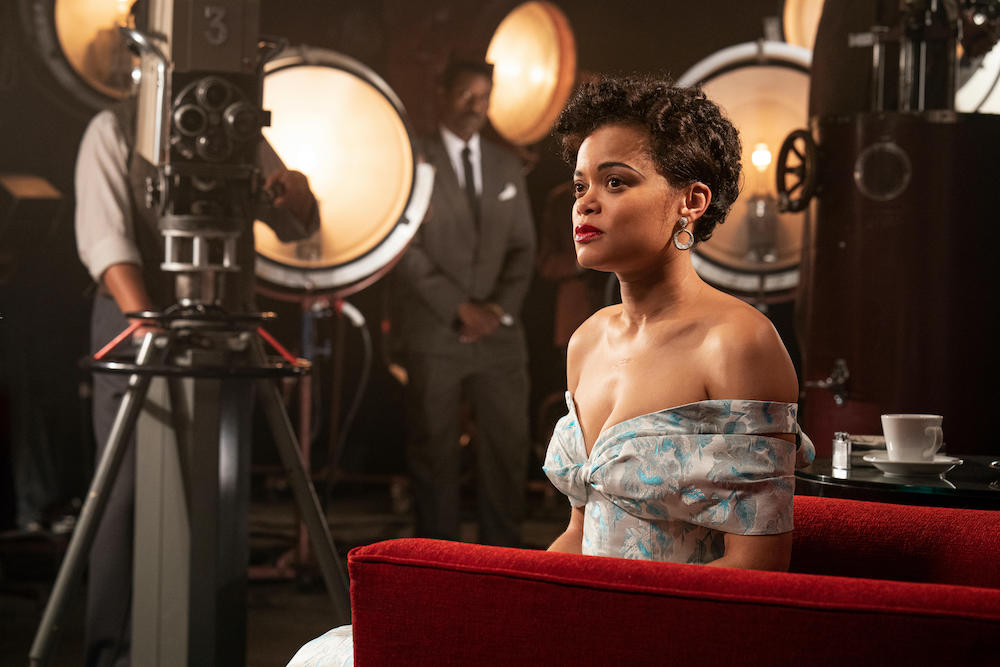
GLITTER: Travanti, can you tell us about your character, Jimmy Fletcher?
TREVANTE: Jimmy Fletcher is an FBI agent who was tasked with the trouble of persecuting Billie Holiday, who was someone who was at the forefront of the civil rights movement and throughout that journey, he fell in love with her, and it ended up being this really complicated situation and hopefully a good movie.

GLITTER: Tyler, what can you tell us about your role as musician Lester Young?
TYLER: Lester Young is known as the man who redefined the tenor saxophone. I think in a greater conversation, as he relates to Billy, he was Billy’s confidante and friend, brother, and, you know, platonic love in a lot of sense at the time. Lester was one of her “ride or dies,” of her kind of interior grouping that attempted to support her through this struggle that it’s her, you know, not only addiction but her battle with the US government.
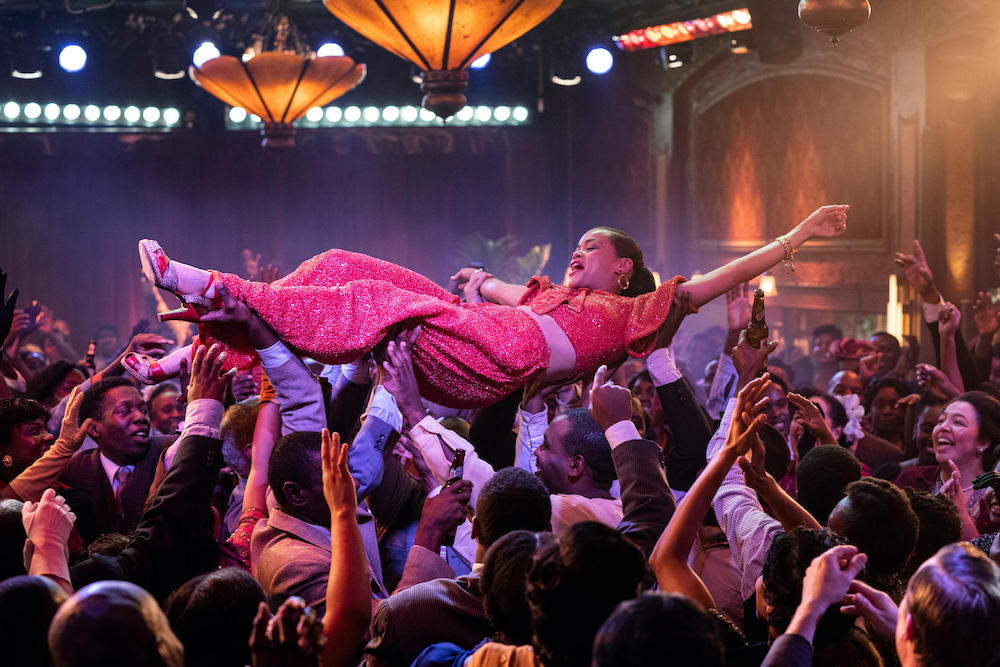
GLITTER: Prior to your role in the film, how much did you know about Billie Holiday and “Strange Fruit?”
TYLER: I mean, I know a good amount about “Strange Fruit.” I think most people in the Black community will know a lot about “Strange Fruit.” If your grandmother didn’t teach you about “Strange Fruit,” then maybe she wasn’t present. But Billy, I knew about her in connection to “Strange Fruit,” and knew her musical catalog, but I didn’t realize how much of a battle she really had in her life. It was pitched to us as like her battle was her addiction. But it seems as if the greater battle was really her fight to be one of the godmothers of the civil rights movement. We’re talking about a decade before the uprising of the ’60s. You know, she was one of the prequels of the energy that was coming, if you will.
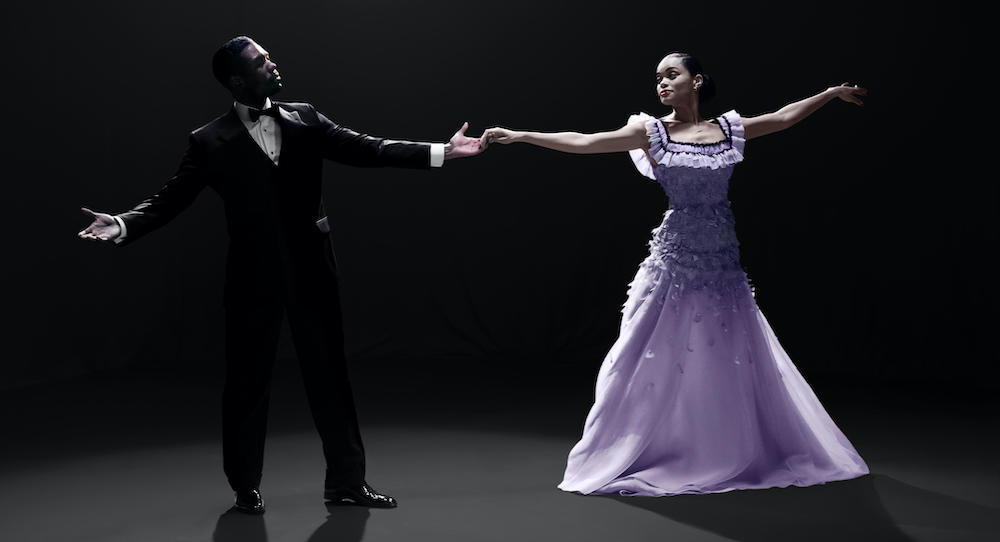
GLITTER: Trevante, what initially attracted you to the script?
TREVANTE: I think more than a script, there was the opportunity to jump in the space with Lee Daniels and Lee was someone who I wanted to work with for quite a while, and so when we had the chance to sit and talk about some stuff, he then introduced me to Andra’s rendition of “Strange Fruit,” which then further lead me into the project. It was really just more about the creatives being Andra and Lee that we were able to jump in the space with that really drew me to the project.

GLITTER: Tyler, what was it like working alongside Lee Daniels?
TYLER: Lee has stretched me as an actor more than I think really any other director has. His drive for authenticity is very unique. He looks for any moment in which, you know, as actors, we pick up quirks here, and then we like try to act our way through things every now and then. He’s going to spot that out and shut the tape down and start over. I think that forced me to grow in a lot of ways because there was somebody looking for any inauthentic moment. Acting isn’t acting; it’s being– you have to be in this person’s skin, and any moment that you’re not, having someone there to call that out, to call you on that, is really valuable. Also, the fact that he’s fearless in the way that he does filmmaking, he doesn’t care how what you’re seeing is going to make you feel. He’s going to show you the reality, whether you like it or not. I think there’s a lot of filmmakers who get scared about audience perception, whether or not they’re going to be received, and all that. Lee’s just making the film he wants to make, and that’s what’s really brilliant about.
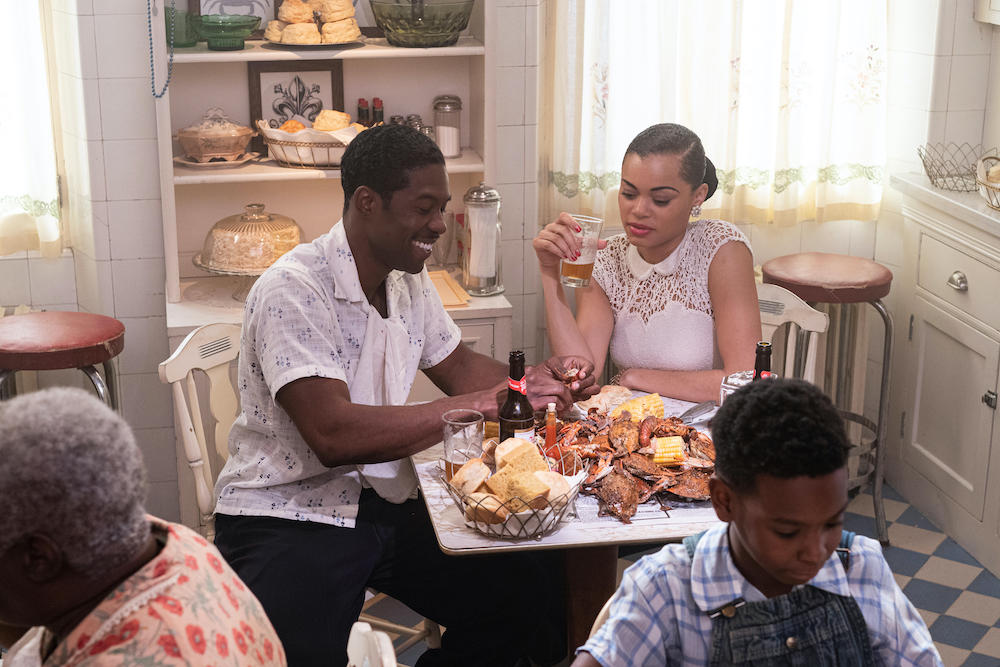
GLITTER: Trevante, how did you prepare yourself for filming in 1940’s America?
TREVANTE: I spent a lot of time just really delving into, I guess, that culture of music more than anything, but, you know, you read a few books, you look up YouTube interviews of your favorite artists of that era. You just try to take bits and pieces from all of these different influences and try to cultivate this character that’s specific to, or at least I try to cultivate a character that’s a color, vibe, essence, or whatever it may be that’s specific to whatever the painting is that we’re trying to paint. You know what I mean?
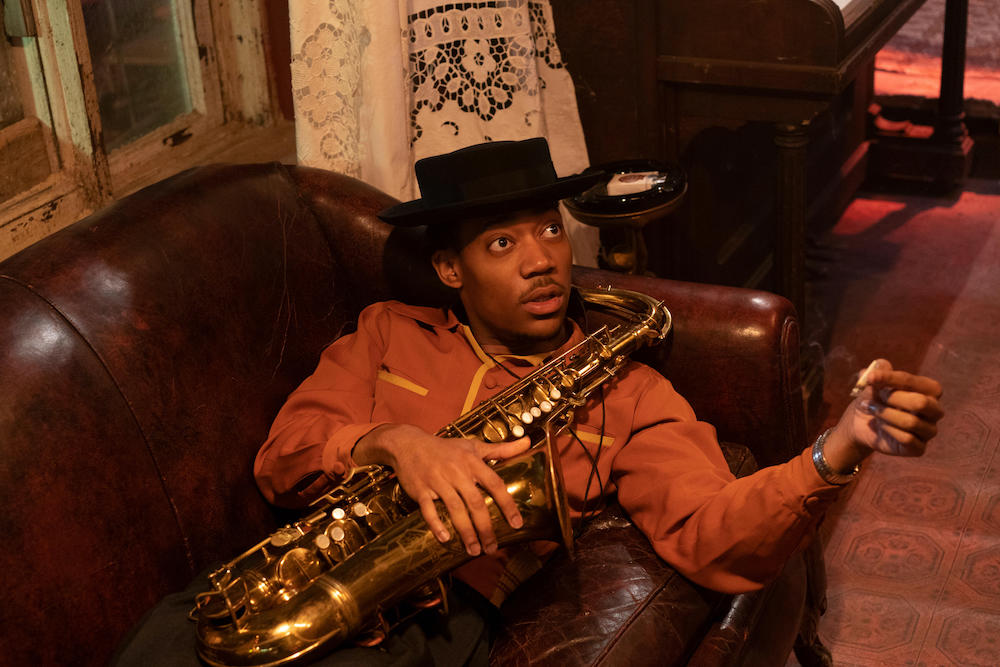
GLITTER: Tyler, how important is representation in film for you and being a part of the process and telling Black stories such as this one?
TYLER: I think representation inside the platform that it’s never really had before, and I think now we’re seeing the power of it, particularly in this award season. We’re seeing more of our stories than we’ve ever seen before, contending, and they’re all really, really good. But I think, you know, representation can’t stop. It’s a ball that keeps rolling, and we can’t stop just because of “We’ve been here before” and “We’ve seen the blaxploitation era.” You’ve seen the boost of the ’90s, and we keep falling off of the wagon as if we think, “OK, cool, that’s enough, we’re good now.” I’m looking forward to when representation is less of a conversation and more of just “This story needs to be told by these grouping of people telling it themselves.” That’s what I’m looking forward to getting to. I think one of the traps that sometimes happens with representation is that we kind of get into this checking off of boxes. We make ourselves feel good because a bunch of people are represented, but I think they have to get past that and become more of a normalized aspect of our reality. So I do think it’s very important, but I don’t think we should stop the conversation there.
GLITTER: Trevanti, your character’s journey was transformative. What was it like to play this journey from an FBI agent to an ally?
TREVANTE: It was fun because for me, at least in my experience as a Black man in America, you know, you see a lot of stuff and so reading the script and seeing him to be this person who was put into this situation. It just brought me back to a lot of people that I know in my life, a lot of people that have been put into very compromising situations. They may have had to do some things that they didn’t agree with to get themselves either out of that situation or to get themselves to a more successful situation. I look at the film, and I look at his situation within the film as with sympathy. I feel bad for the guy because it was just a bad situation. I mean, I know that sounds terrible because everybody keeps talking about how he was just so bad and all these things, but I really don’t know, man. I see so many people who have been in that kind of compromising situation, which you just can’t really blame them. I’m not saying that he’s not at fault, but it’s just every time I get that question, it’s like, I just don’t know that I can say he’s a terrible person. He’s just a brother that got caught in a terrible situation, and then he fell in love with this person. So it’s just even more terrible, you know? So it was fun to portray. So, yeah.
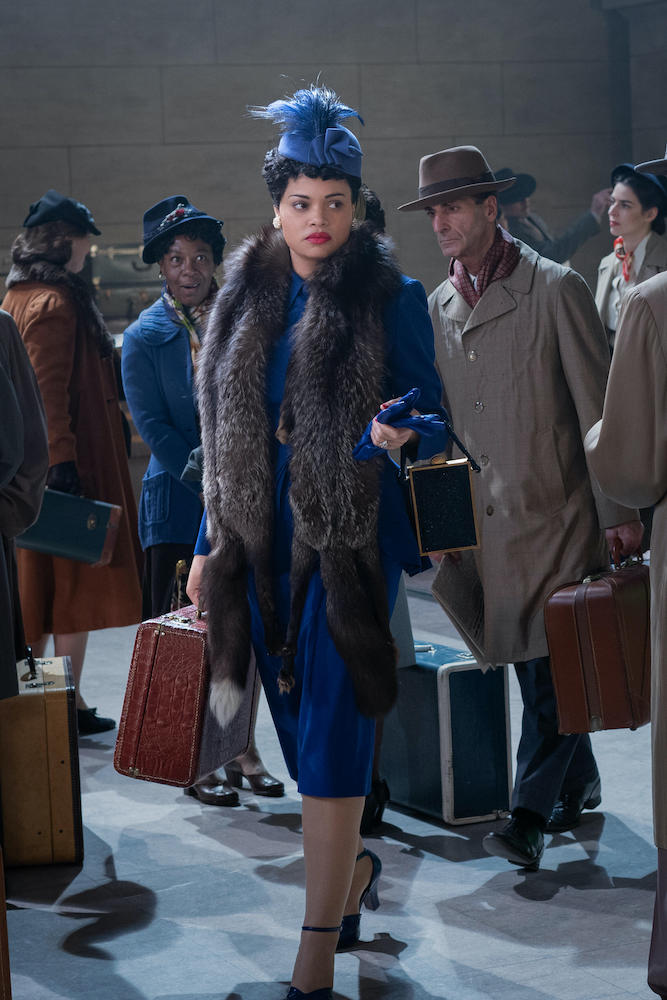
GLITTER: Tyler, what was it like working alongside Andra Day?
TYLER: It’s one of those questions we keep getting that feels like I’ll never be able to accurately answer it; I’ll never be able to actually explain it. To work with the lead, who not only feels the magnitude of the moment but has actively attempted to shun the role itself because of that pressure and what comes with it and understands the stakes, and is as tapped in as she was, is ideal. There’s no other way I can really describe it other than ideal. I wish it was always that way, and rightfully so. She’s had a lot of awards conversations right now. But I can honestly say, at least from my experience with her, that was not the intent going into it. That’s kind of what also makes it ideal. She wasn’t here trying to win an Oscar. She wasn’t here trying to further her career. She was here telling a story of a woman who gave her professional name. That’s where the day comes from. Somebody who understands and wants to just do a good job is ideal, and that’s what it was. She just really wanted to do a good job and tell this story accurately, and I know that sounds simple, but it’s rarer than you would think.

GLITTER: Trevanti, what was it like for you working opposite Andra Day?
TREVANTE: Just a continuation of what Tyler said, and it was just…I guess, like I said earlier, it was her spirit man. Aside from the performance, it’s her spirit; it’s what was behind her eyes, you know, when she was on set. It was an education. It was a breath of fresh air. That’s what you do it for, so it’s reinvigorating.

GLITTER: Trevante, what’s next for you?
TREVANTE: We got some action stuff that we’re thinking about dipping into, man, and a couple of books that we adapted that we’re trying to piece together as well. So a couple of things.
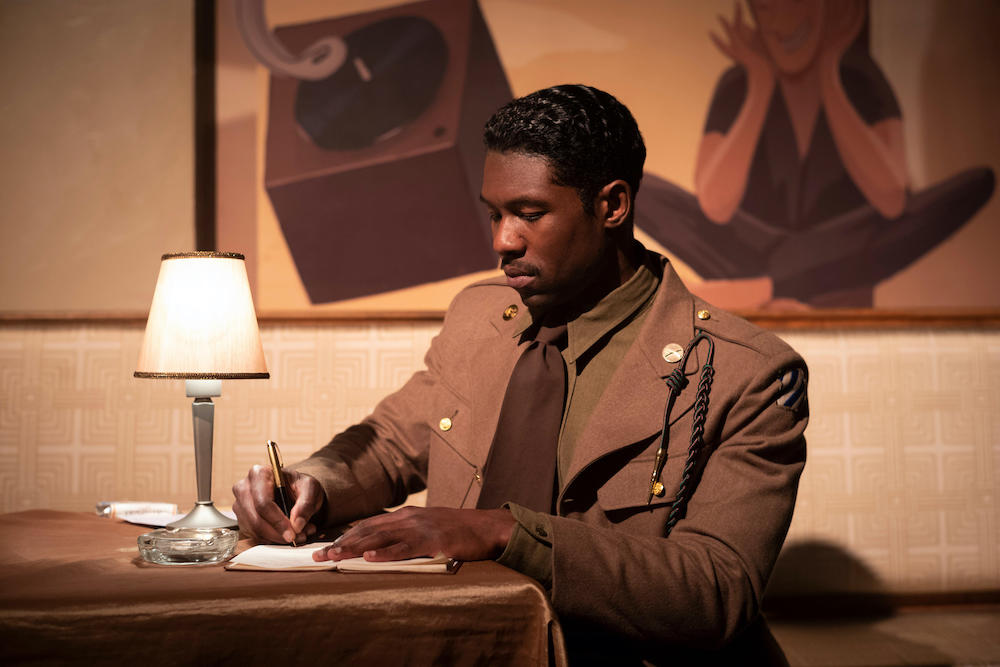
GLITTER: Awesome, Tyler, are you going to expect to see you in anything soon?
TYLER: I’m going to stay in this space telling these types of stories in these types of time periods for a while. I like this space. I’m comfortable here. That’s probably where you’ll see me next.
TREVANTE: It fits you bruh, it fits you!
GLITTER: Thank you, Tyler, and thank you, Trevante, for taking the time to speak with us. Again, phenomenal performances from both of you, and I can’t wait to see what you guys are going to do next.
BOTH: Thank you so much. Thank you for taking the time.
The United States vs. Billie Holiday streams on Hulu Feb. 26.
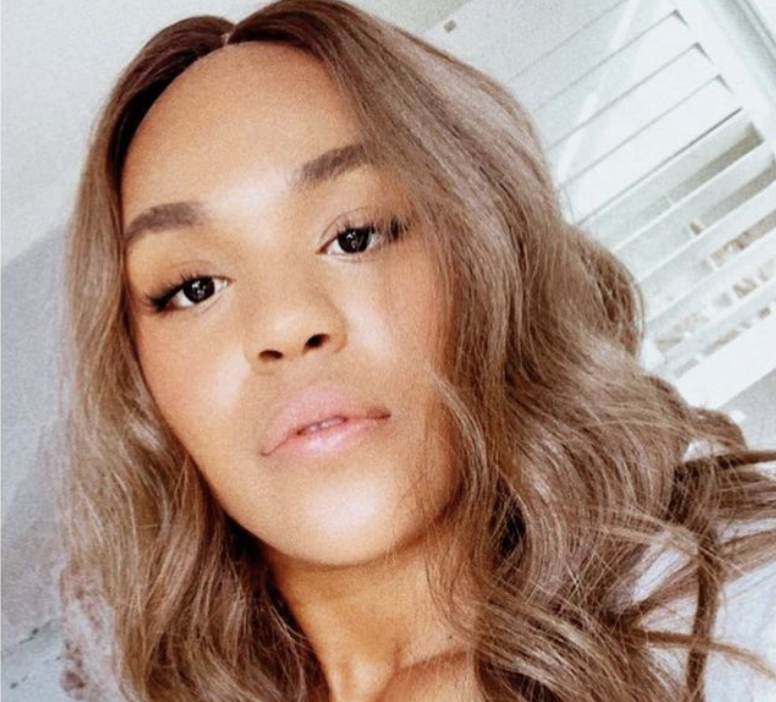
Glitter Co-Founder | Writer | Journalist | Host | Tweet me @zoefowler28




